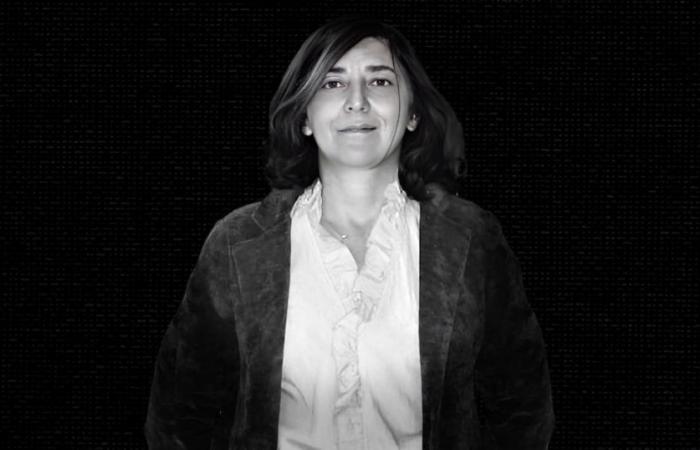
Their messages? For the three of them arrested in the first days of January, the videos fall under common law and justify pre-trial detention: an apology for terrorism for one, by calling for attacks in France and violence in Algeria, direct provocation to an act of terrorism for a second, calling for “burn alive, kill and rape on French soil”public provocation to commit a crime and legitimizing torture against opponents of the Algerian regime for the last one, immediately deported to Algeria, but already back in an administrative detention center in Ile-de-France. Behind these arrests – and the promises of an Interior Minister to “don’t let anything pass»– a name is profiled «difficult to qualify», according to the services of the same ministry, mujahideen 2.0 sharing Algerian nationality – often dual nationals – and a violence that they distill, in French or Arabic, to their community on TikTok, against recurring targets: Algerian opponents, European Jews and Israelis, France… and Morocco .
Where are they talking about? From Brittany, the Alps or Montpellier… But obviously, the nationalist and anti-Semitic remarks relayed by the Chinese platform, like the two sides of the coin of these digital fighters, echo the speeches of Algiers and leave doubt about possible connections across the Mediterranean, in a context of acute crisis between France and Algeria. Especially since in terms of doubts, those expressed by the French Minister of Foreign Affairs regarding Algeria’s desire to respect the road map of bilateral relations were definitively lifted on the tarmac of Boumediene airport: return to the sender of the expelled influencer. We can remain doubtful, however, about another roadmap, that of the Grand Mosque of Paris, particularly after reading its press release of January 6. Boasting of “playing, since its creation, a constructive and positive role for the relationship between the two countries”, she nevertheless chooses to take up the pen, not to call for appeasement, but to question the French media and assume responsibility for the same occasion, both “its strong ties” with Algeria, and its interference in the French elections, precisely the European and legislative ones of 2024.
Can we expect a European response? After all, Europe has been engaged in a long fight against foreign interference since the last mandate. It has equipped itself with an arsenal, mainly directed against Moscow, incidentally against Beijing. And the first General Data Protection Regulation (GDPR) was reinforced by the Digital Services Act (DSA), implemented since 2023, intended to further protect European Internet users against disinformation and hatred online. Barely installed, the new European Parliament announces that it wants to go further, through a commission for this under the ambitious title of “European shield of democracy”, whose vast program, over a year of work, will also include interference on digital platforms. For its part, the European Commission has been engaged for several months now in a battle against the to unfriendly European parties.
In December, the Commission also opened formal proceedings against TikTok under the Digital Services Regulation. On this occasion, Ursula Von der Leyen declared: “We must protect our democracies against all forms of foreign interference. We have serious information indicating that foreign actors used TikTok to interfere in the Romanian presidential elections and we are currently conducting a thorough investigation to determine whether TikTok violated the Digital Services Regulation by failing to take action to combat against these risks. It should be crystal clear that in the EU all online platforms, including TikTok, must be held accountable.”
The challenges posed to France by Algerian influencers are messages for all of Europe: see the shield of democracy as a defensive weapon against a new “digital axis of evil” Russia/China/USA; but also make it a combat tool against attempts at destabilization by the diaspora of third States.





